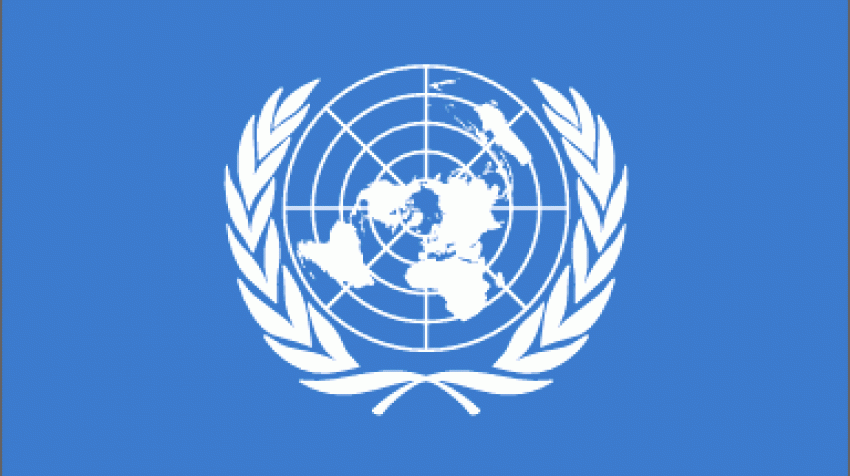
The “March 8 Principles”, released on International Women’s Day, are supposed to apply the UN’s interpretation of international human rights law to criminal law.
The underlying idea is that offences related to sex, drug use, HIV, and sexual and reproductive health, as well as homelessness and poverty should all be decriminalised.
Amongst the recommendations it says: “Criminal law may not proscribe abortion. Abortion must be taken entirely out of the purview of the criminal law …”
Likewise, “Consensual sexual conduct, irrespective of the type of sexual activity, the sex/ gender, sexual orientation, gender identity or gender expression of the people involved or their marital status, may not be criminalised in any circumstances.”

Up to 72 children from Ireland remain on the waiting list of the Tavistock gender identity clinic in the UK, which was the subject of a critical review and is being wound down, it emerged yesterday.
The clinic had seen numerous medical staff resign in protest that some children were inappropriately diagnosed, given hormone treatments prematurely and put on a path to irreversible surgical interventions.
One former patient, Keira Bell, took a case against the clinic saying she had not been challenged enough about her decision to change sex. She was prescribed puberty blockers aged 16, then received testosterone shots a year later, and aged 20 had a double mastectomy.
A lack of services here meant Ireland was heavily reliant on the service for psychological assessment, and 233 children were referred there since 2012.
The HSE report, which examined the care of Irish children in the Tavistock service, said it could find no evidence any were fast-tracked on to hormonal treatments.
A spokeswoman for the HSE said it is setting up a group this year to develop an updated model of care for the treatment of gender dysphoria.

Last year saw a significant jump in the number of women who accessed abortion “services”.
Minister for Health Stephen Donnelly told RTÉ Radio 1’s News at One programme that “over 8,500 women availed of termination of pregnancy services in Ireland last year.”
In response, Pro Life Campaign spokesperson Eilís Mulroy said “this is a huge jump from the approximately 6,700 abortions which took place in 2021. It represents an almost 27% increase in just one year, a devastating trend which further illuminates how the Irish abortion rate is quickly spiralling”.
She added: “This is the result of a government which has shown a complete lack of interest in providing women in unplanned pregnancies with real alternatives to abortion. We know that most abortions are caused by socioeconomic factors. A total of approximately 28,500 abortions (comparable to the population of Kilkenny city) in just four years is symptomatic of government failure across the board to provide families with the basic confidence and supports required to raise a child in Ireland today”.

Health authorities will no longer recommend a book in a sex education resource for Junior cycle students, aged 12-15, after complaints about its very graphic sexual content.
One of the complainants to the HSE, Sarah Holmes, a mother of three from Co Wicklow, said the inclusion of the book as “recommended reading” was a “depressing lapse of judgment”.
“There is all this defence of the book on the grounds of inclusivity, but a very low standard is being set for gay children, in particular,” she said. “I think we need proper sex education for children of all orientations: what’s dangerous, what should you be careful of. It certainly shouldn’t be saying, ‘go on a sex app’ or ‘check them out in a bar beforehand’. Yet, this pornified culture is being pushed on children.”
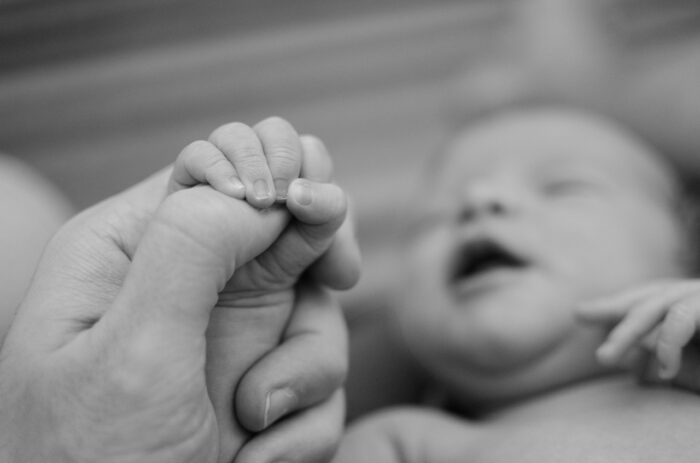
A 68-year-old Spanish TV actress has said her newly adopted daughter was conceived using her dead son’s frozen sperm and was born to a surrogate mother identified as a Cuban woman living in Miami, Florida.
“This girl isn’t my daughter, but my granddaughter,” TV actress Ana Obregon told celebrity magazine ¡Hola! in an interview, posing with the baby for the cover.
“If that was my son’s last will and testament, how could I not do it?” she said.
Her son Aless Lequio, died of cancer in 2020 at the age of 27.
Following the report, several ministers of the left wing socialist government criticised the practice.
“It is a form of violence against women,” Equality Minister Irene Montero said, adding that there was a “clear poverty bias” with regards to women who become surrogate mothers due to financial need.
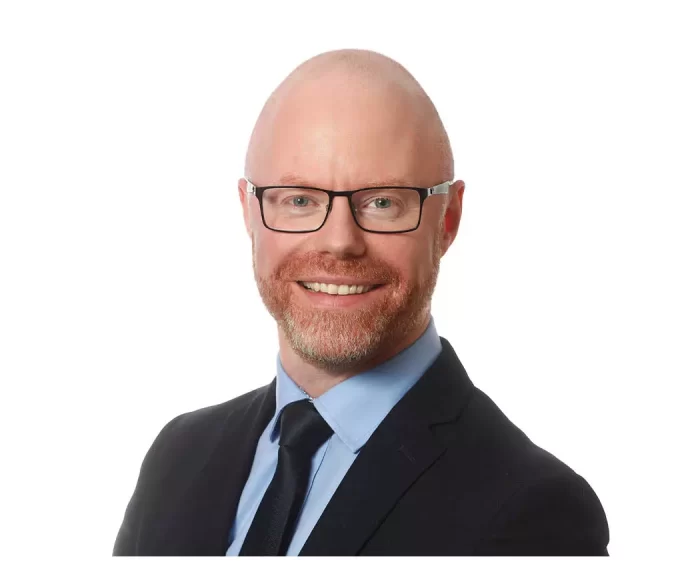
Two cases of unborn babies allegedly wrongfully diagnosed with a fatal condition and then aborted are being investigated by the State Claims Agency, according to the Minister for Health.
This follows a separate case which came to light in 2019 of an unborn baby incorrectly diagnosed with the life-limiting condition trisomy 18, or Edwards Syndrome, and aborted for that reason at the National Maternity Hospital while subsequent tests revealed the child had no such abnormality.
In a reply to a Parliamentary Question from Aontú leader, Peadar Tóibín, the Health Minister, Stephen Donnelly said the State Claims Agency (SCA) has had 133 adverse incidents reported to them relating to abortion since its legalisation.
He added: “The SCA has two ongoing claims from persons alleging that their unborn baby was wrongfully diagnosed with a condition sufficient to bring them within the scope of the Health Regulation of Termination of Pregnancy Act 2018”.
The Act allows such abortions at any time during the nine months of pregnancy.
Commenting on the Minister’s admission, Meath West TD, Peadar Tóibín, said, “There must also be a proper examination into the number of adverse incidents reported to the State Claims Agency and we need transparency and detail on the nature of these incidents. It is extremely sad to hear that there are two more misdiagnosis cases in motion, and that the harrowing experience of the couple in Holles Street was not a ‘once off’”.
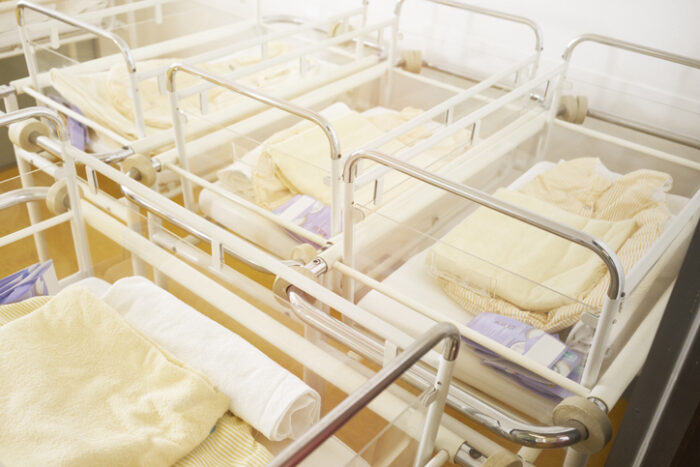
A Japanese Cabinet minister in charge of tackling the country’s declining birthrate unveiled a draft proposal Friday aimed at reversing the downtrend, including increased subsidies for childrearing and education and a salary increase for younger workers to incentivise marrying and having kids.
Children’s Policies Minister Masanobu Ogura said the next few years are possibly “a last chance” for Japan to reverse its declining births.
Ogura’s plan proposes increased financial assistance, including more government subsidies for childrearing, more generous student loans for higher education and greater access to childcare services. It also aims to change the cultural mindset toward more gender equality both at work and at home. The proposal also includes increased government assistance to companies to encourage more of male staff to take paternity leave, which has been a point of contention for working fathers fearing retaliation.
“While diverse views about marriage, childbirth and childrearing should be respected, we want to make a society where young generations can marry, have and raise children as they wish,” Ogura said. “The basic direction of our measures to tackle low births is to reverse the trend of declining births by supporting individuals’ pursuit of happiness.”

Discrimination against Christians is rife in the workplace, especially in the public sector, a new UK study has found.
A survey conducted by the Catholic Union said that religious freedom was a “blind spot” for employers actively mistreating and discriminating against people because of their faith.
In a poll of 222 members and supporters, almost a third of respondents (31 per cent) said they had felt disadvantaged at work because of their faith.
Almost three quarters of these instances (73 per cent) occurred in the public sector, the survey revealed.
The survey was carried out to gather evidence to a Parliamentary inquiry into human rights at work, which includes a section on freedom of religion and expression.
The Catholic Union’s survey highlighted particular problems in hospitals, universities and the police.
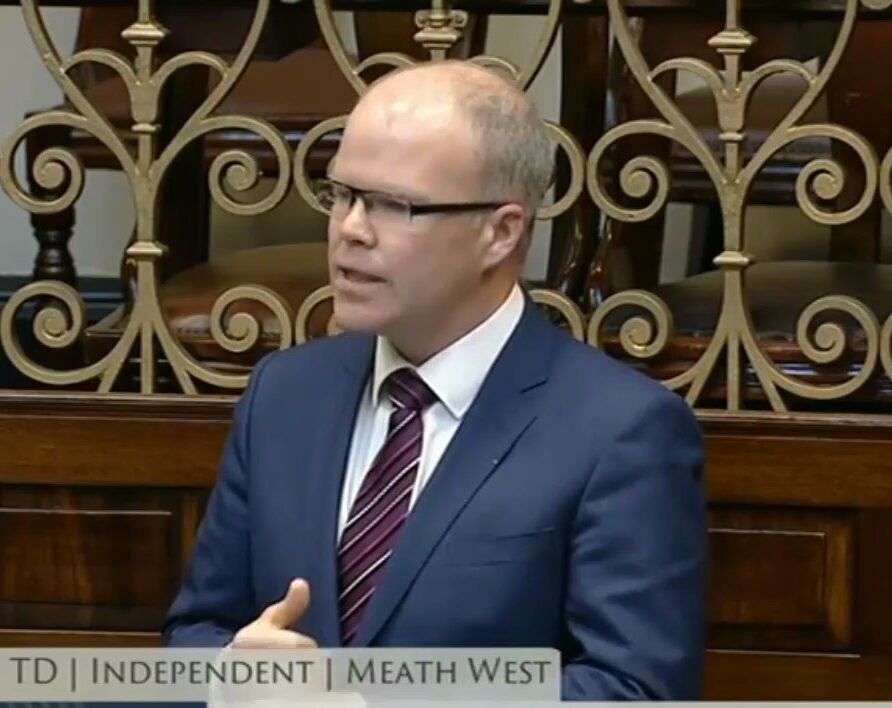
There is increasing concern that the review initiated by the government of the operation of the country’s abortion law will not take a balanced approached to the matter, according to the leader of Aontú.
Meath West TD Peadar Tóibín noted the thousands of lives lost to abortion since its legalisation, the great majority of which are for socio-economic reasons, and yet, “all the information that has leaked out of the abortion review seems to be going in one direction, how to deregulate abortion law in Ireland further”.
“At a time when mothers are homeless and pregnant much more needs to be done to see what supports can be put in place to make mothers feel that they actually have a choice”.
Media reports say the Review claims the system could collapse, unless the Government acts, as 90% of doctors refuse to carry out abortions.
Deputy Toibin said most doctors became doctors to save lives, not to end lives.
“The review seems to question whether doctors who object to participate in abortions on humanitarian grounds can be censured. The government must not try to deliver abortions by forcing and pressurising medics to break their commitment to be compassionate and humane”.
He also questioned the focus on getting rid of the 3-day waiting time before an abortion as the procedure is an irreversible decision and the baby cannot be brought back to life after an abortion.
“The enormity of this decision should allow for some time to think things through, to look at the life and death consequences and to potentially research positive life affirming options”.
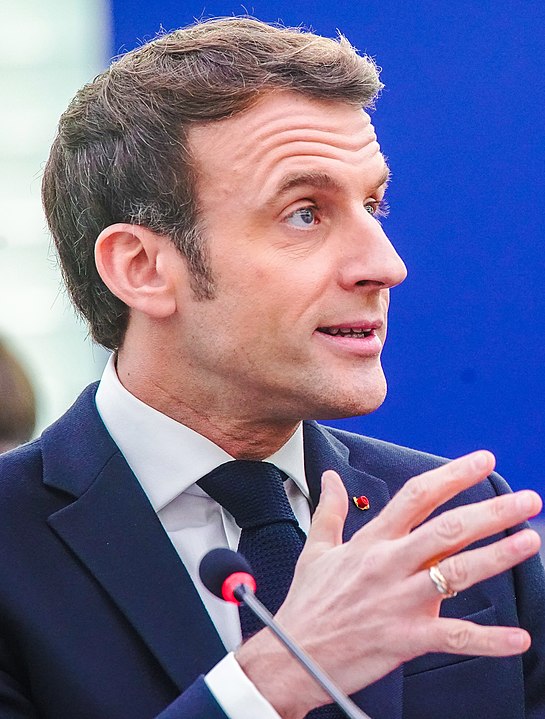
France could soon legalise euthanasia for the terminally ill after Emmanuel Macron called for a law on a “French model on the end of life” within months.
The French president on Monday pledged to table a draft law on a so-called ‘right to die’ by the “end of summer,” a day after a citizens assembly called for legislation to be changed.
Mr Macron said the bill would build on the work of a group of 184 randomly-appointed French citizens who have debated the issue since December.
In conclusions handed to the French president this weekend, some 76 per cent of the citizen’s council said they favoured assisted suicide in some form.